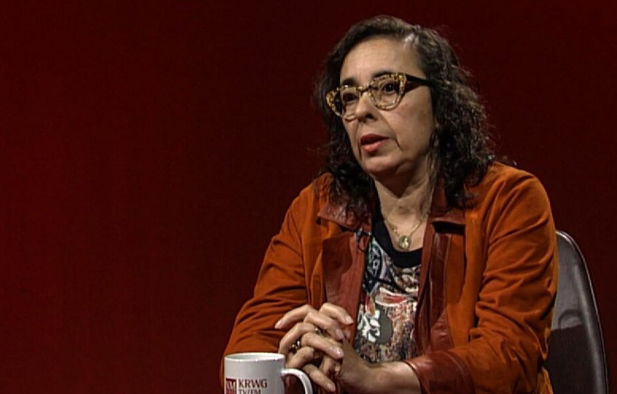Petrona Eyle was born on January 18, 1866, in Buenos Aires and died in the same province on April 12, 1945. She is remembered as one of the first Argentine women physicians and as a leading advocate for women’s rights at a time when medicine and science were dominated by men. Her career combined medical practice with activism, making her a central figure in the early feminist movement in Argentina.
Eyle’s early steps
Eyle first studied at the National School of Concepción del Uruguay, Entre Ríos, where she obtained her teaching degree as a Maestra Normal. Later, she pursued medical studies in Switzerland at the University of Zurich, the first university in Europe to admit women. Upon completing her degree, she returned to Argentina and revalidated her title at the University of Buenos Aires. Her work in public hospitals quickly positioned her as a significant voice for both women in medicine and social reform.
The role of women
Following Cecilia Grierson, Eyle became the second Argentine woman to practice medicine. Together, they founded the National Women’s Council and established the Argentine Association of University Women. Eyle organized the First International Feminist Congress, presenting initiatives to the National Congress on women’s rights, maternity, and retirement.
She also founded the “League Against White Slavery” and directed the feminist journal Nuestra Causa, which addressed women’s status in society, child protection, and the fight for women’s suffrage. These initiatives highlighted her dual commitment to advancing women’s civil rights and safeguarding vulnerable groups, particularly children.
Eyle’s legacy
In an era when medicine was largely inaccessible to women, Eyle carved a place for herself in the field and used that platform to advance the cause of gender equality. She fought against child exploitation, promoted social reforms, and worked to create spaces where women could debate civil and legal issues. Through her journal Nuestra Causa, women found a medium to voice concerns and advocate for change in Argentine society.
Her contributions were not only medical but also political and social. Two years after her death, on September 23, 1947, Law 13.010—known as the “Evita Law”—was passed, granting Argentine women the right to vote and to be elected to public office. That right was first exercised in the national elections of November 11, 1951.
Activist and physician, Petrona Eyle stands as a pioneer in both science and feminism. Her efforts helped lay the foundation for the recognition of women’s rights in Argentina, ensuring her place in history as one of the central figures in the struggle for equality.




